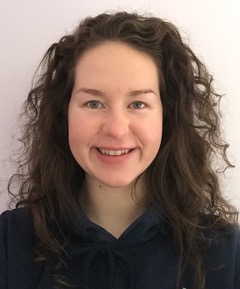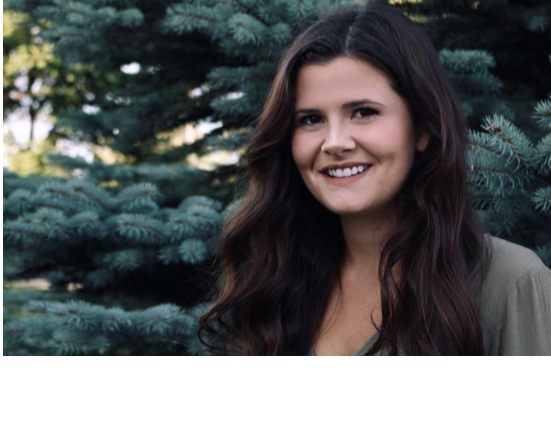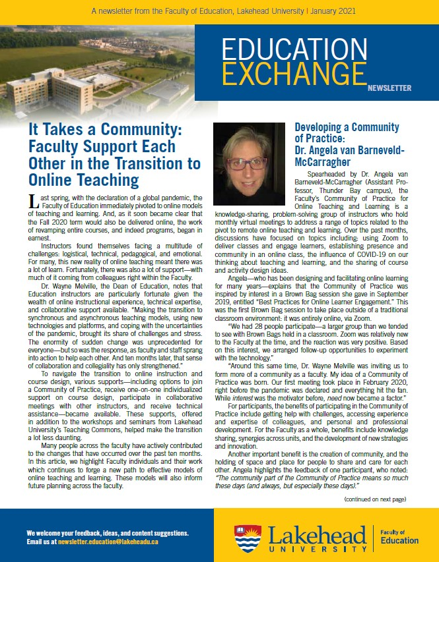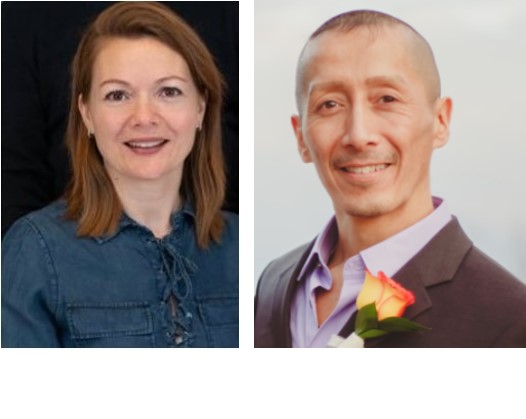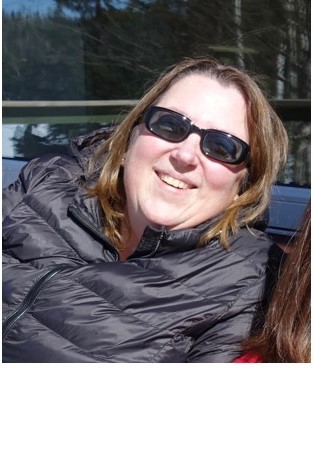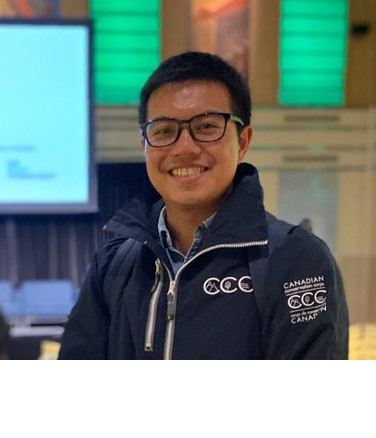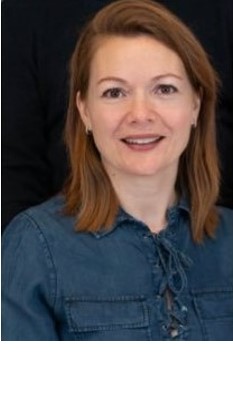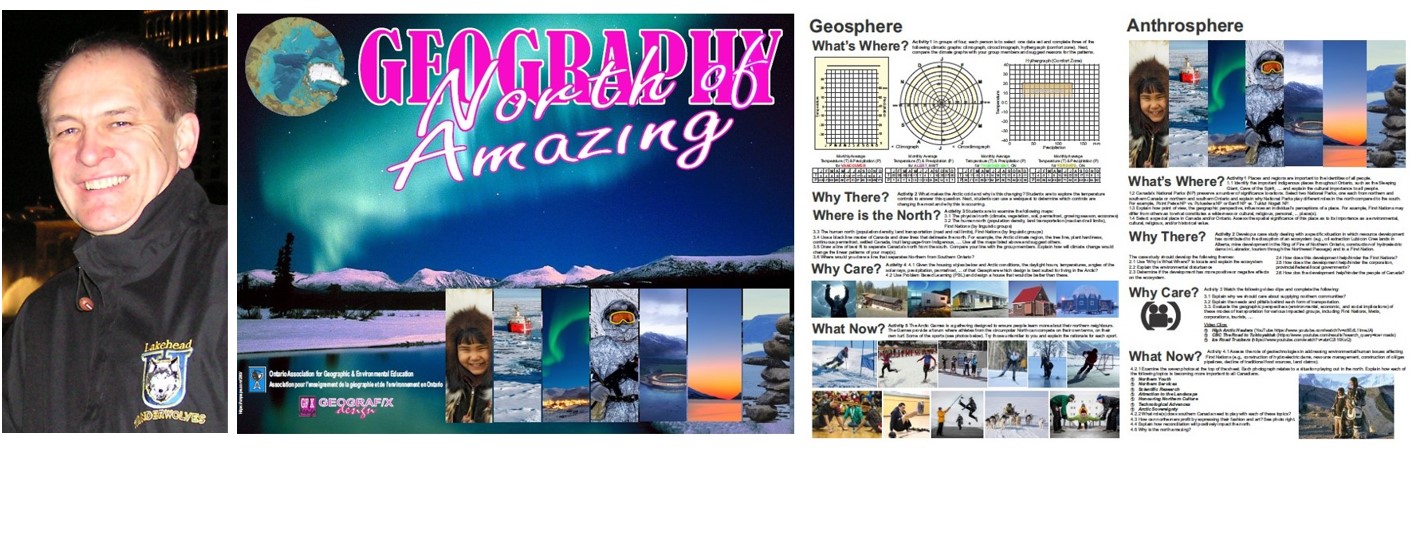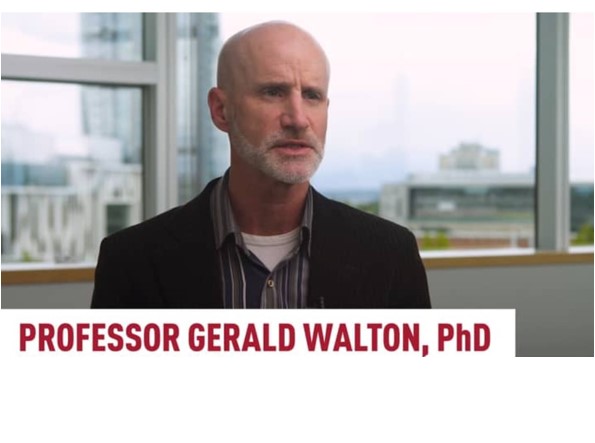BEd Graduate Lauren Strauss Receives Ontario English Catholic Teachers Assocation Faculty of Education Award
Congratulations to Lauren Strauss (BEd graduate, 2021), who has received the Ontario English Catholic Teachers Association (OECTA) Faculty of Education Award. This annual award recognizes teacher candidates’ academic excellence in preservice Catholic religion courses and their advocacy for social justice and related activities that support equity and inclusivity.
Lauren explains that volunteer commitments in various communities in her life have taught her about the value of developing relationships with others.
“Growing up, I was a part of a children’s choir and then became an Alter Server, both of which allowed me to play an active role within the church. I was also a volunteer reader at my school for any masses or liturgies that took place.
I have volunteered at two different camps aimed at inclusivity for children with special needs, and being part of these camps taught me important lessons about making sure every child feels included. I also coached a young girls’ softball team, which allowed me to give back to an organization that focused on developing team work skills in youth.
My involvements have contributed to my faith because they have allowed me to give back to my community, while building relationships with those around me. Through volunteering, I am able to see the positive impact I can have on others, which is at the core of having and practicing faith.”
Having recently graduated from the BEd program, Lauren plans to take an Additional Qualifications course in religious education and to seek employment within a Catholic school board.
“I hope to be able to inspire my students, as past teachers have done for me,” she says.
Congratulations Lauren on this award!
